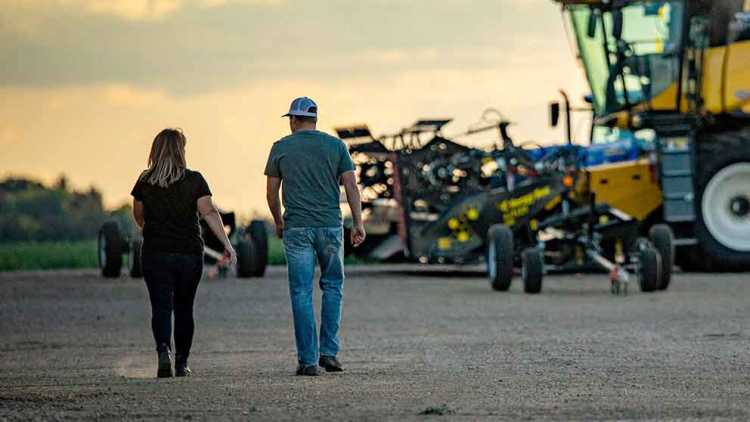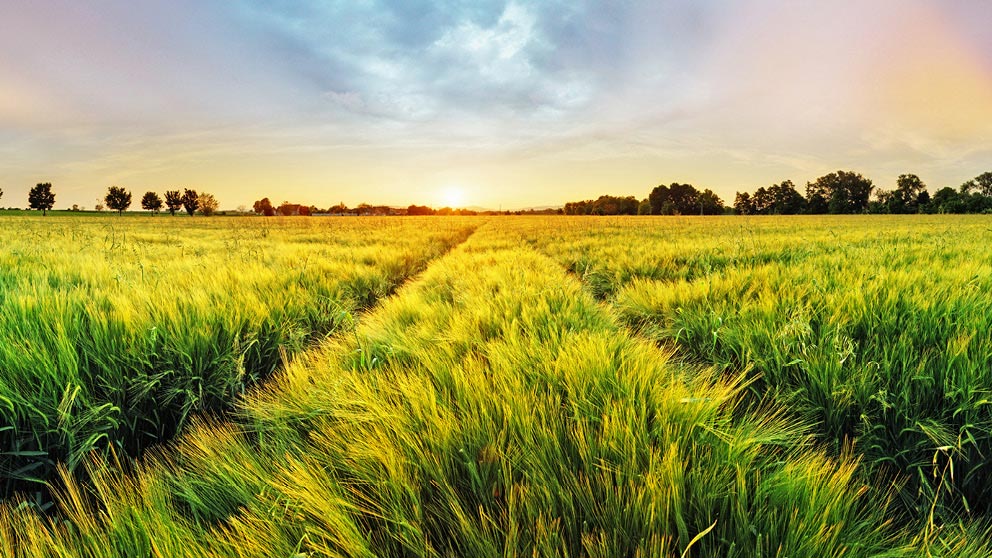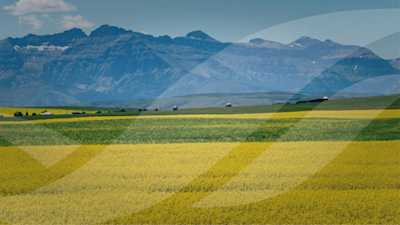Overcoming the emotional attachment to farmland

Agriculture and agri-food are big businesses in Canada, but that doesn’t mean every decision at the farm level is based purely on the dollars and cents.
When it comes to farmland, economics isn’t always the first measure of value. There’s also the emotional connection to land that provides livelihood or may have been in the family for generations. It can be deeply personal and is often tied with not wanting to disappoint ancestors.
One Saskatchewan couple, who asked that their names not be used, operate a mixed grain and cattle farm that’s been in the husband’s family since the 1920s. They know all too well about the emotional value of land.
Renting land that the husband’s great-grandfather purchased is a strong tie to the past. They want to move the acreage out of cropland and use it for hay for their cattle, yet the emotional tie is tight. Worried about insulting the great uncle they rent from, every year they continue to plant the same crops he always grew. They acknowledge the decision is based purely on emotion.
“Call it for what it is,” says the wife. “This is an emotional decision, and you recognize there’s a price you’re willing to pay to have that piece of land and know that you are doing the right thing.”
Do the math
As tough as it may be, take emotion out of the equation when making decisions about farmland.
Annessa Good-Hassard, a Transition Advisor, says, while easier said than done, she recommends farmers take emotion out of the equation when making decisions about farmland, whether it’s renting, selling or use of land.
“You have to look at it as a business,” Good-Hassard says. “Is it financially viable? What are the goals?”
However, she knows that’s not the reality, so when working with her clients, she uses math to help alleviate emotion.
Consider the land use or purchase, she says, and decide how it can be used to meet the goals of the farm.
“Is it income or wealth-generating? Does it meet your short and long-term objectives of having a financially sustainable operation, or is it going to be an estate planning process?”
She encourages farmers who are buying land to decide if they are adding acres or productivity.
“Strategic farmers will purchase and recognize if their margin is too thin so they will sell other land to get more productive land,” Good-Hassard says.
Bottom line
There’s more to farmland value than economics. Farmers may also place emotional attachment to the land they farm. Acknowledging when decisions are based on emotion is important. Still, experts encourage farmers to pull emotions out of farm decisions as soon as they can and focus on making land use decisions based on business goals.
Article by: Trudy Kelly Forsythe

In this case study, a family learns how divorce can negatively impact the business and plans for future unions.
